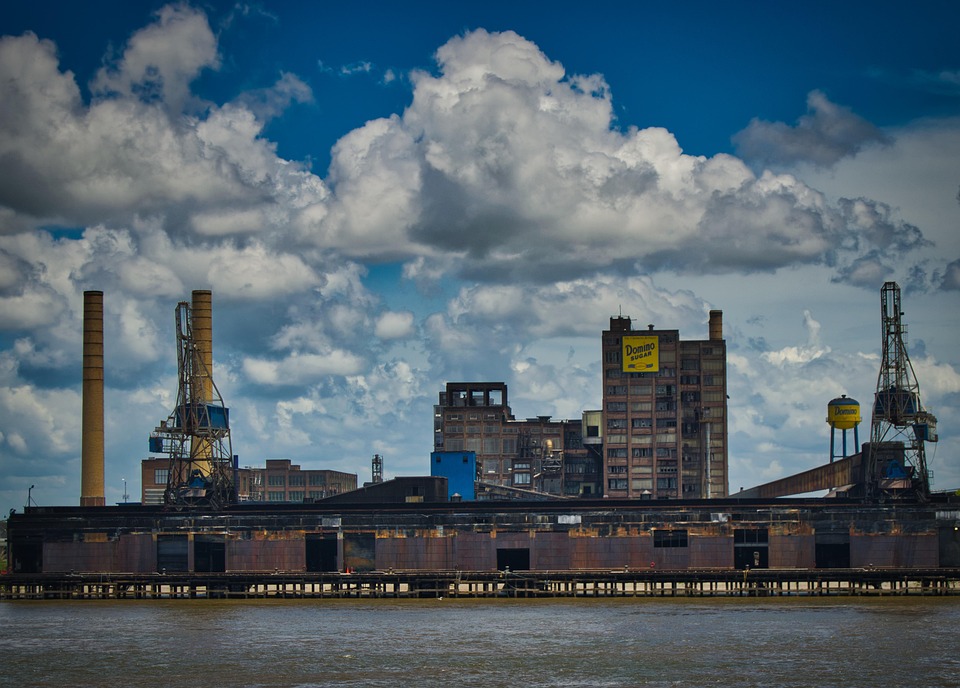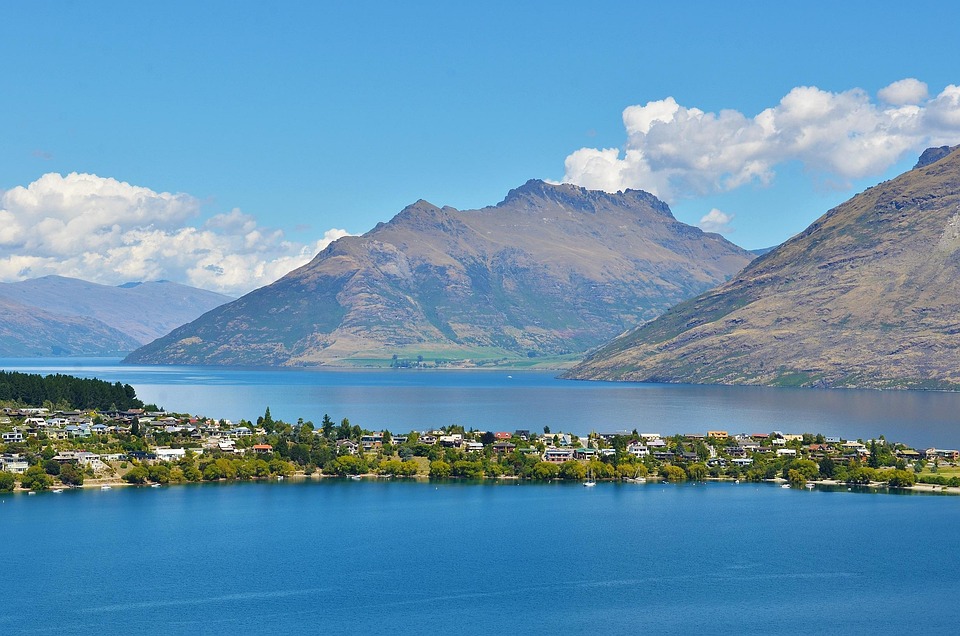In the midst of this relative calm, the United Nations renewed its call to a diplomatic solution to the Iranian nuclear issue, warning that the objectives of the Complete full action plan (JCPOA) – and the resolution that approved it – remains unseat.
Tackle a planned Security advice Meeting Tuesday to try to relaunch the agreement in the middle of the dramatic military climbing of the last 12 days, the leader of the political affairs of the UN, Rosemary, Dicarlo, said that the fragile ceasefire announced by Donald Trump during the “planned” nightAn opportunity to avoid catastrophic escalation and achieve a peaceful resolution of the Iranian nuclear problem.“”
The Iranian nuclear agreement of 2015 – more officially known as the JCPOA and supported by the Security Council – offered alternatives to Tehran in exchange for strict uranium enrichment, stock levels and centrifuge consumption, in parallel with solid monitoring and verification by the International Atomic Energy Agency (Aiea).
But the agreement has remained in the limbo since the United States retired in 2018, followed by the Iranian hike from its nuclear commitments.
With key arrangements under resolution 2231 which would expire on October 18 – unless the council decides the opposite – the highest Politics manager of the UN warned that the window for the revival of diplomacy is narrowed.
With less than four months before the expiration of restrictions related to the remaining nuclear resolution, he must expire on October 18 – unless the Council of the Council – the highest Politics responsible for the UN warned that the key objectives of the agreement remain elusive.
Knececond diplomacy?
Dicarlo told ambassadors that the recent increase in violence had considerably undermined diplomatic momentum.
“” Military climbing between Israel and Iran since June 13 and the United States hits air on Iranian nuclear installations on June 21 complicated by the prospects to obtain a complete implementation of resolution 2231“Said Ms. Dicarlo.
“” Yesterday, Iran’s strikes on a basis of Qatar still exacerbated insecurity in an already tense region.“”
Despite five cycles of bilateral talks between Iran and the United States, facilitated by Oman in recent months, Ms. Dicarlo noted that the efforts “had not produced a way to follow” to restore the complete implementation of the JCPOA.
A sixth cycle of talks was canceled due to the triggering of hostilities.
In the meantime, The record of the recent conflict made people think. According to Iranian authorities, at least 606 people were killed and more than 5,300 injured since hostilities broke out on June 13. Israeli officials reported 28 deaths and nearly 1,500 injuries.
The time that is exhausted
While the divisions persist, Ms. Dicarlo said that the participants in the JCPOA-China, France, Germany, Iran, Russia and the United Kingdom-had all reiterated their commitment to find a diplomatic solution.
In a joint declaration shared with the secretary general in March, China, Iran and Russia stressed the importance of the provisions and deadlines for resolution 2231. China proposed a “step by step and reciprocal” to solve the nuclear problem.
“Diplomacy, dialogue and verification remain the best option to ensure the exclusively peaceful nature of the Iranian nuclear program,” said Dicarlo.
The EU Stavros Lambrinidis ambassador informs the Security Council as coordinator of the mixed commission created by the JCPOA.
Deal, no strength, key to resolution: the European Union
Echoing the UN calls for dialogue, the European Union stressed that “A lasting solution to the Iranian nuclear question can only be by a negotiated agreement, and not in military action.“”
The Council of the Council on behalf of the High Representative of the EU, Kaja Kallas, the Ambassador Stavros Lambrinidis stressed the urgent need to “return to a diplomatic solution”.
Ensuring that Iran does not acquire or develops a nuclear weapon remains a key priority for the EU, he said.
He added that the acceleration of Iran’s nuclear activities and the lack of surveillance of the IAEA – aggravated by the economic benefits of American sanctions – have seriously undermined the JCPOA, despite the supported efforts of the EU to preserve it by diplomacy.
Mr. Lambrinidis reaffirmed that diplomacy should prevail, the IAEA remaining at the heart of surveillance and verification efforts in the future.
The United States urges Iran to regain talks
Ambassador Dorothea Shea, an acting American representative, said that the increase in Iran’s nuclear activity was missing “any credible civil justification”.
Even after the Council of Governors of the IAEA does not comply with nuclear guarantees, it noted: “It is regrettable that certain members of this council have chosen to close their eyes on, if not encourage, Iranian non-compliance.”
The United States “will not make their eyes on the eyes of the non-compliance of Iran and the threat continues to regional stability,” she continued.
Ambassador Shea said that “the precision operation of June 21 effectively fulfilled our narrow objective-to degrade Iran’s ability to produce a nuclear weapon”, after which President Trump coordinated a cease-fire between Iran and Israel.
“At the moment critical,” she concluded, “we must all urge Iran to seize this opportunity for peace and prosperity and to respect its international obligations.”
UK calls the ceasefire a first step
British ambassador Barbara Woodward praised the cease-fire negotiated by President Trump, but warned that “the situation remains extremely fragile”.
Expressing that “is the moment of return to diplomacy”, it urged Iran to engage in talks without delay, warning that its nuclear program has exceeded “any credible civil justification”.
She said all diplomatic levers will be deployed for a negotiated result and to “ensure that Iran does not develop a nuclear weapon”.
Iran: diplomacy can and must resolve differences
Iran’s ambassador Amir Saeid Iravani said that his country “had never initiated this war” and that the attackers arrested their attacks, Iran also stopped its legal military response “.
Mr. Saeid also expressed his country’s strong commitment to diplomacy as the way by which differences can and should be resolved.
“Iran continues to believe that diplomatic resolution in nuclear and sanction problems is possible,” said Mr. Saeid.
He called on the Security Council to condemn Israel’s attacks and the United States against Iran and their nuclear installations protected by AIEA and work to make sure they no longer happen.
Ambassador Iravani added that Iran confirmed resolution 2231 of the Council and the JCPOA, and that the repair measures were “completely coherent” with these two instruments.
Israel warns that diplomacy with Iran has failed
Israeli ambassador Danny Danon defended his country’s military operation against Iran, describing it as a necessary decision to neutralize a “existential double threat” of nuclear and missile programs in Tehran.
He said that Israel had obtained complete air superiority and deleted key diet targets, acting in coordination with the United States.
Ambassador Danon accused Iran of deceiving the world for years, using diplomacy as a cover to advance its nuclear weapons program.
“There is still time,” he said, “to take significant and decisive measures to ensure that the threat of nuclear Iran is not stronger than before. »»
“We are often told that diplomacy must have a chance – it has had every opportunity, each round, each chain, each time – but so far, the regime in Tehran had never intended to comply.”
Originally published at Almouwatin.com








